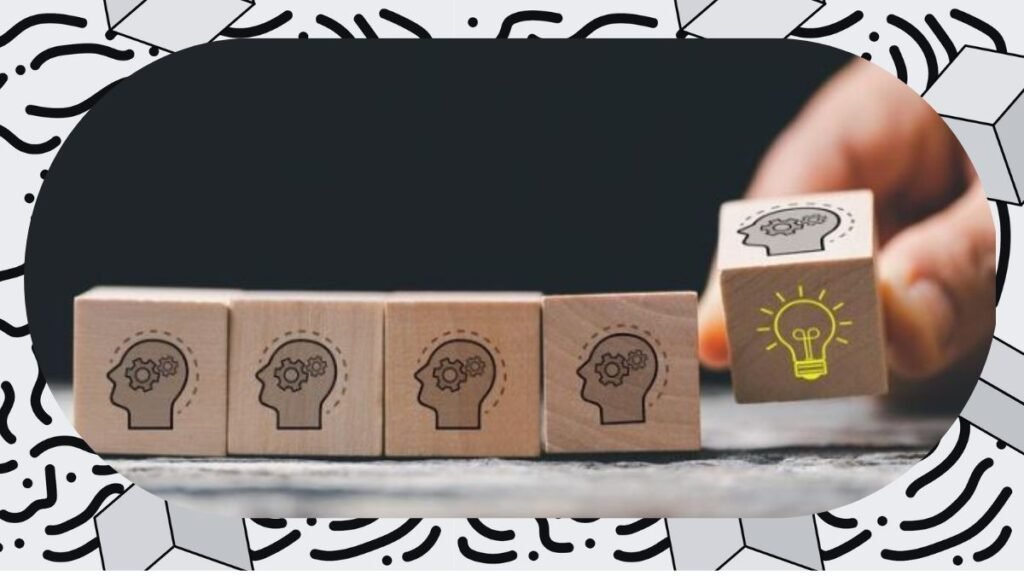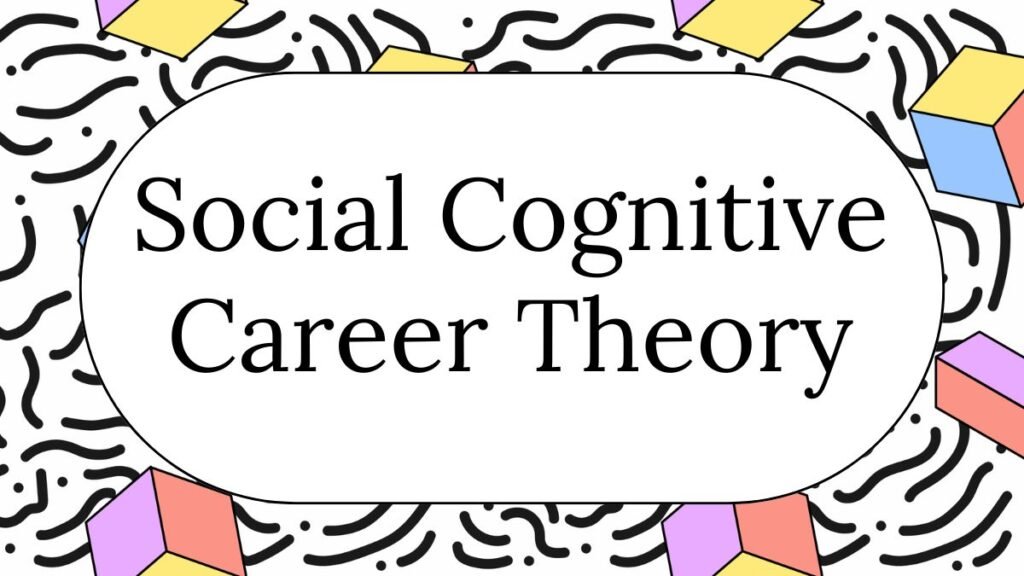The theory introduced in Schunk and Pajare’s article is the Social Cognitive Career Theory (SCCT) which gives a better understanding of how people make decisions about their careers, and why they are motivated to do certain tasks or continue with particular fields. It talks about how our interests, skills and the people around even decide what career options are best for us. Now, let us simplify this concept for everyday Joe
What Is a Career?
Career: A career is the work that you choose to do for a great number of years. It can be anything you like and are good at, for example, a teacher, doctor artist.. even a soccer player! A career is a decision of many years.
What makes us pick certain vocations?
Your Career is Not Just a Job It is about finding a worthwhile thing to do, something that inspires happiness and excitement in you. Social Cognitive Career Theory: Why We Choose the Careers We Do When it comes to our careers, three factors play the most important role: our beliefs in what we are capable of doing, our interests and hobbies, and who will support us.
Believing in Yourself
Belief plays a significant role in SCCT and Self-efficacy is one of the greatest. Bud that means nothing but believing in yourself. And you are not willing to even attempt something — like solving a math problem or drawing a picture – if deep down, in your heart of hearts (whether it shows up there as an audible monologue or otherwise) you believe that the only thing you can do is let everybody else beat me instead. The same goes for careers. If you think that yes I can be a good teacher or the best doctor, then obviously your hard work will follow. This self-belief is something that over time you build because of continually putting yourself out there, stumbling and falling but getting better at what it is you do.

Finding What You Love
Interests are a crucial part of selecting your career. This is what you love to do. Whatever you enjoy doing — whether it be reading books, playing sports or building things with your hands. With these interests in mind, you can steer yourself towards a Tech career that turns your crank. Nurse or Teacher Having the nature of helping others is what you can find in a nurse and if you want to be a knowledgeable teacher then teacher. ELDo you like to solve problems, your job could very well be an engineer or a scientist. As we try different activities, SCCT argues our interests are developed in the context of what we come to think that we are good at and what brings us; happiness.
Support from Others
Our family, friends and of course, teachers play important roles in determining our future careers as well. They recommend us, pushing encouragement or even giving chances to initiate into the profession. For instance, if you were told by your teacher that you are good at Math, it is very apparent to think of becoming a mathematician or accountant. One thing SCCT advocates for is having a cadre of people who believe in you and your dreams — especially when it comes to making decisions around choosing the right career.
Learning from Experience
Experiencing is another important component of SCCT. You try new things every day, and with some of those unnecessary hours at school free you learn more about yourself and what are good at. If you help in the kitchen with your parents and love to cook food, then a chef could be something for you. Or perhaps you could become an engineer if DIY is your thing Every experience counts, big or small; they affect your decision concerning your career.

Experiences Of Challenges And Overcoming Them
Warines Sometimes Choosing A Right Career Is Trickier. Whether you are good enough, and what others will think. However, SCCT proves otherwise — that they are not. If you have confidence in yourself and are persistent about what interests you ( even if other people or society disagree), be sure to not ignore their advice, but give some heed where it’s due. It is hard even, to keep going and not abandon your dream.
Making Career Decisions
At the point of making that all-important career choice, SCCT suggests meditating on your greatest strengths — what are you good at, what biggest passions or interests causing you to lose track of time and who provides a positive environment for growth. It is piecing a puzzle together. Every piece of these puzzles is about you — what you do best, your loves and hobbies, who will champion this. When everything works, you will have a proper idea of your career.
Setting Career Goals
Once you have a career in mind, it is easy to set goals. They are the stepping stones towards that dream job. If you were to become a doctor, for example, your goals may rely on high marks in science classes through school and then going to college with the implied belief that afterwards is medical school. SCCT will motivate you to set good and realistic goals which can be tough initially but trust me these guys are professional. It also reassures you that it is only natural to revise your objectives as you discover yourself and the world.
Staying Motivated
There is no denying that motivation is essential to achieve your career-related objectives. Truly motivation is the thing that picks up your walking when it gets unbearable. Your motivation comes from your self-efficacy, hobbies and how much support you receive — SCCT If you are inspired, even in those times when life gets tough it will increase more than one day to have success.
The Role of the Environment
SCCT speak about the way society and our surroundings affect where we end up in work The environment is everything around us, from our school to the community at large and even down to things like economy. One such way is that if the technology sector seems to have a lot of jobs going on you should be more interested in becoming a computer programmer. This means that within your environment are both opportunities and some challenges, and SCCT provides a way for educators to understand how you can best work through them.
Adapting to Change
Life changes all the time and sometimes our careers change with it. All aboard the SCCT Legend train, choo-choo! If you think becoming a teacher is the career path for you, but later realize that your passion lies with an art-related profession then it would be appropriate to change course. The most important thing is to keep pursuing what makes you happy and, well, Angelo.
Conclusion
Author: Social Cognitive Career Theory is some kind of manual, it can also help you to know where your career preferable hash out. The latter ones teach you to trust in yourself and listen to the people who want nothing but good for you, your passions and lessons. These are the things that will get you into a fulfilling career —one where not only do great work and begin to see success but one in which your heart sings when you go off to work each day. Your career is a journey; you are allowed to take time (But please not your sweet ass 20s) as long as it takes for what makes YOU truly happy.


